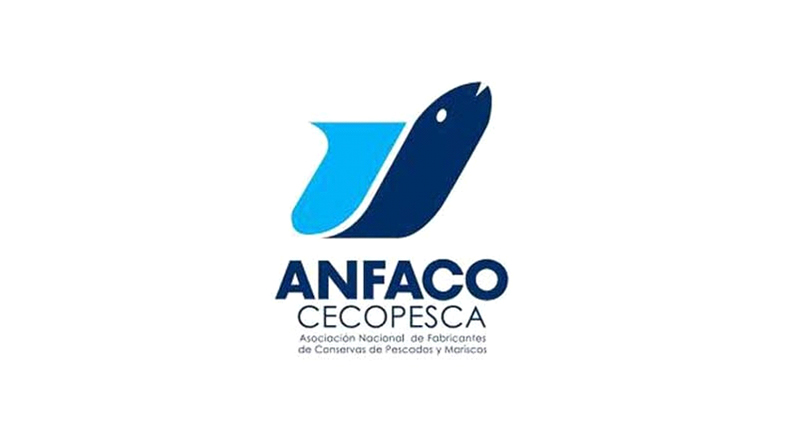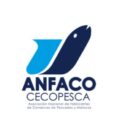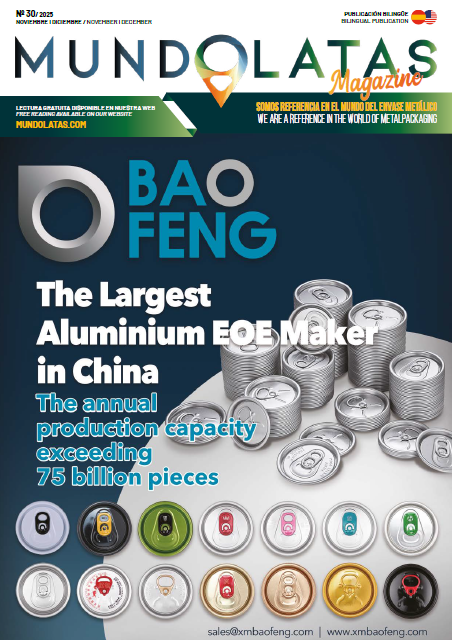ANFACO has presented 35 proposals on the key role of the canning industry in the supply of quality food, in a meeting held with the Minister of Agriculture, Fisheries and Food, Luis Planas. These proposals are based on a document which highlights that processors ensure competitive access to food resources in Spain and Europe, as demonstrated during the health pandemic.
In general terms, ANFACO-CECOPESCA believes that the National Food Strategy should focus on strategic actions to ensure a stable supply of raw materials to seafood factories, promote the consumption of seafood products, foster a favorable regulatory environment for industrial competitiveness and ensure a level playing field in the EU market. Thus, in terms of food and health, it is recommended to establish a healthy taxation with a decrease in VAT for seafood products and awareness and training campaigns for citizens.
In addition, the defense of a scientifically endorsed Mediterranean-fish diet, as opposed to modern “plant-based” diets, will ensure sustainable dietary patterns and lower costs for the public health system. Therefore, we call for a harmonized front labeling in Europe, which studies nutritional, environmental or social parameters before making decisions, or that the criterion of origin does not involve extreme obligations towards a forced segmentation with food waste.
In parallel, the creation of a European observatory to fight against food disinformation, the reinforcement of consumer information on new analogous proteins, such as imitation vegan products, avoiding consumer confusion, was proposed. To this end, a revision of the Consumer Information Regulation, No. 1169/2011 and the development of corresponding delegated acts are advocated. In trade matters, European policy should be reviewed, and sensitive products, such as canned tuna, should be totally excluded from new agreements until effective monitoring and control at origin is ensured. This applies to a review of the IUU fishing card system and the creation of positive environmental lists for food establishments located in third countries. Regarding the importance of affordability and guaranteed access to nutritious food in Europe, ANFACO-CECOPESCA defends the influence of European factories on the sustainability of supply chains, far superior to the mere import of final product, and the need to ensure their competitiveness in the face of the challenge of generational replacement. In addition, as this is a sector with a large presence of SMEs, support for exports to diversify markets is also mentioned in the proposals document. Likewise, a reinforcement of technology transfer agents to promote innovation or a commitment by AICA to improve trade relations for greater visibility of own brands as agents of dynamization of entrepreneurship.












